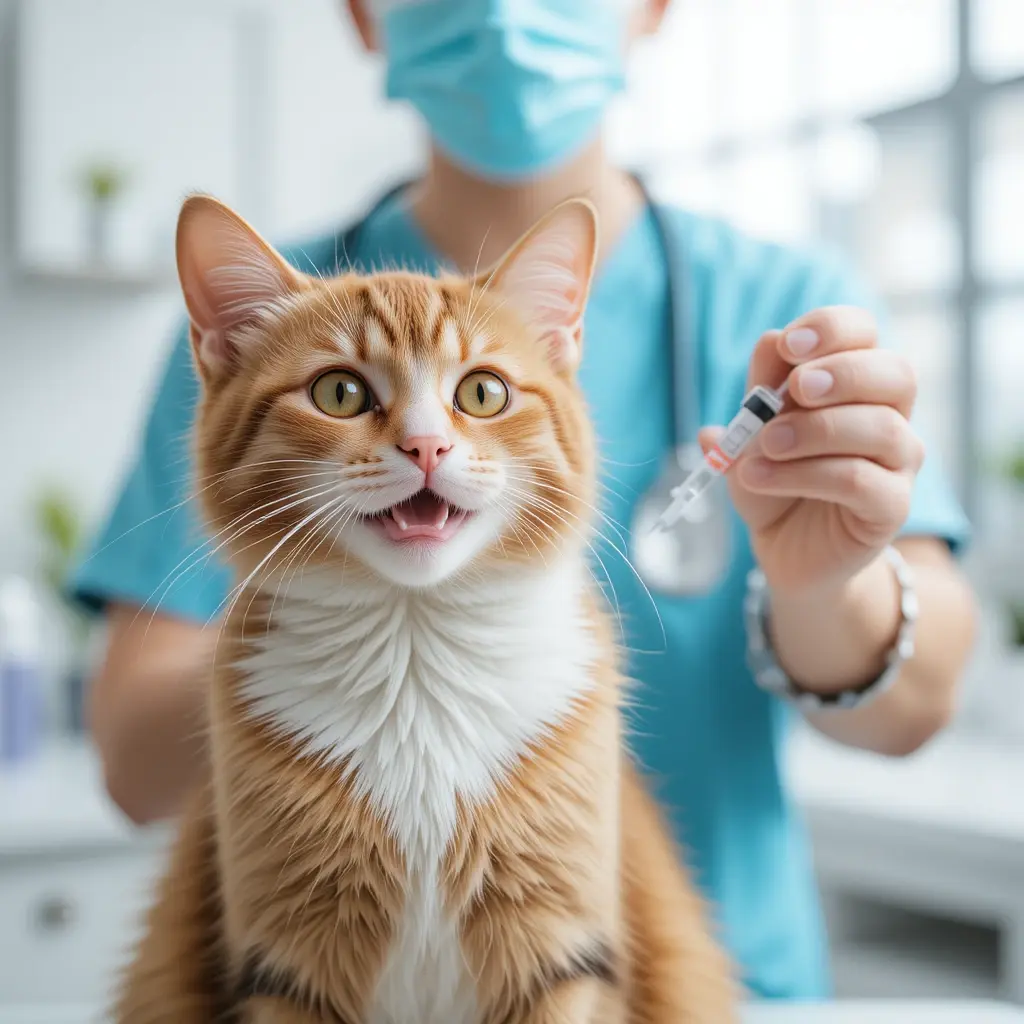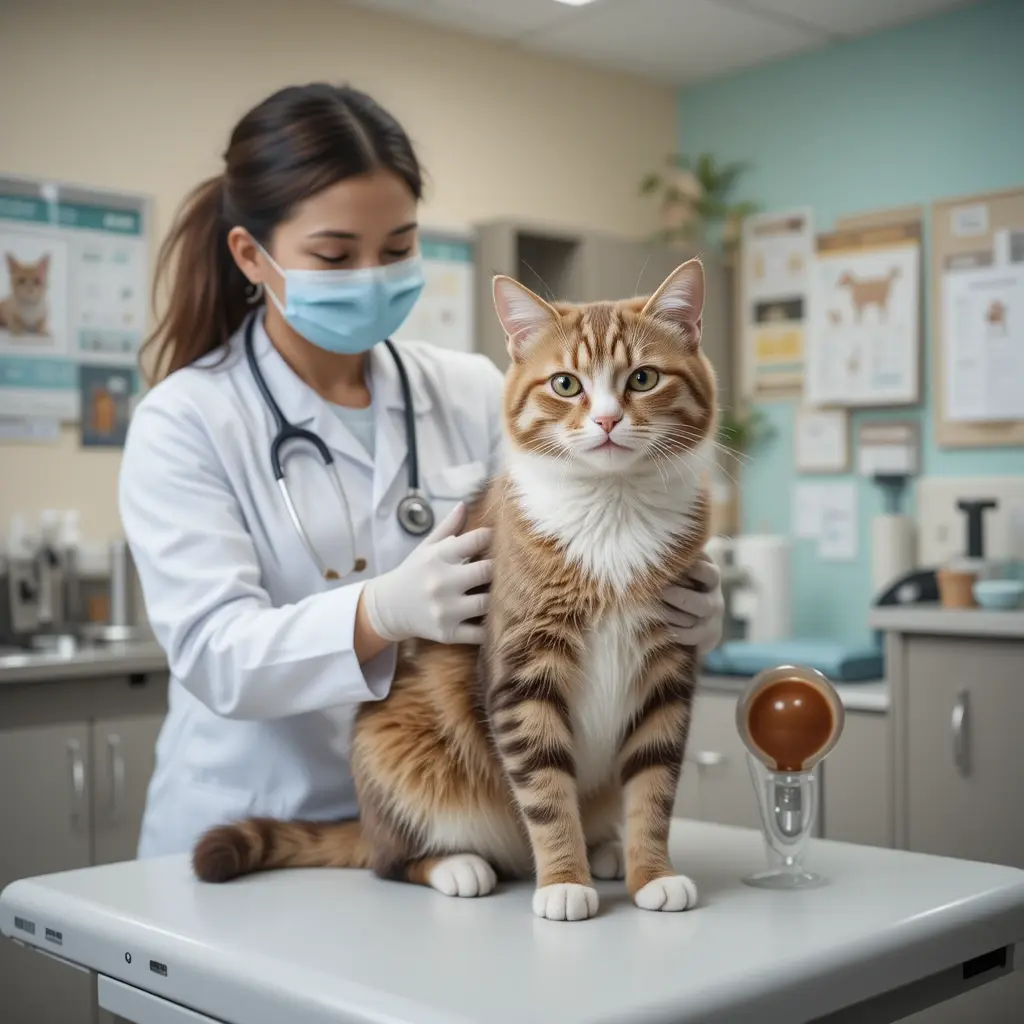
Introduction
Vaccinations are essential to keeping your cat healthy, preventing serious illnesses, and ensuring a long, happy life. From protecting against common diseases like rabies and feline leukemia to safeguarding against potentially life-threatening infections, vaccines are a vital part of responsible cat ownership.
However, the cost of vaccines can quickly add up, especially if your cat requires multiple boosters or optional vaccinations. This brings up a common question among cat owners: does pet insurance cover vaccines?
In this article, we’ll uncover the truth about cat vaccines and insurance coverage, explain what is usually included, and provide tips to help you make informed decisions while keeping your feline friend safe.
Understanding Cat Insurance Coverage
Pet insurance is designed to help cover unexpected veterinary expenses, such as illnesses, injuries, or chronic conditions. However, coverage for routine care—including vaccinations—can vary significantly depending on the type of plan you choose.
Types of Pet Insurance Plans
- Accident-Only Plans
Accident-only policies focus on unexpected injuries, such as broken bones or ingestion of foreign objects. These plans do not cover routine care, including vaccines. - Accident and Illness Plans
Accident and illness plans cover injuries and illnesses, including infections and chronic conditions. However, routine preventive care such as vaccinations is typically not included unless a wellness or preventive care add-on is purchased. - Wellness or Preventive Care Plans
Preventive care plans are specifically designed to cover routine veterinary services, including:
Core vaccinations
Annual checkups
Flea and tick prevention
Dental cleanings
Wellness coverage can often be added to standard accident and illness plans as an optional rider.
Vaccines Commonly Covered for Cats
When included in a wellness plan, pet insurance may cover the following vaccines for cats:
Core vaccines:
Rabies
Feline Viral Rhinotracheitis, Calicivirus, and Panleukopenia (FVRCP)
Non-core or optional vaccines (may require additional coverage):
Feline leukemia virus (FeLV)
Bordetella (kennel cough for cats)
Chlamydia
It is important to check your policy details carefully, as some insurers may cover only core vaccines, while optional or lifestyle vaccines may require extra payment.
Factors Affecting Coverage
Several factors influence whether your cat insurance will cover vaccines:
- Type of Policy: Only wellness or preventive care add-ons typically cover vaccinations. Accident-only or illness-only policies will generally exclude them.
- Age of Your Cat: Some insurers limit preventive care coverage for older cats. Vaccinations for senior cats may not be fully covered.
- Vaccination Frequency: Insurance coverage often applies only to recommended annual vaccinations. Booster schedules outside these guidelines may require out-of-pocket payment.
- Geographical Restrictions: Some policies vary by region, so coverage may differ based on local regulations and veterinary practices.
Pros and Cons of Insurance for Cat Vaccines
Pros
Financial Relief: Preventive coverage reduces the upfront cost of vaccines.
Consistent Care: Encourages timely vaccinations and routine checkups.
Comprehensive Wellness: Some wellness plans cover additional preventive care beyond vaccines.
Cons
Extra Premiums: Wellness add-ons increase monthly insurance costs.
Limited Coverage: Optional vaccines or senior cat vaccinations may not be included.
Reimbursement Requirements: Some insurers require receipts or pre-approval for routine care claims.
Tips for Saving on Cat Vaccines
Even if your policy does not fully cover vaccines, there are ways to reduce costs:
- Use Bundled Packages: Many veterinary clinics offer discounts when you bundle vaccines with annual checkups.
- Seek Low-Cost Clinics: Local shelters or veterinary associations sometimes host affordable vaccine clinics.
- Compare Policies: If vaccinations are a priority, choose a plan that includes wellness coverage.
- Understand Reimbursement Rules: Knowing what your insurer reimburses in advance prevents surprises at the vet.
Conclusion
While standard cat insurance mainly covers accidents and illnesses, routine vaccinations are generally included only in wellness or preventive care plans. Coverage depends on the type of plan, your cat’s age, and the vaccines required.
Cat owners should carefully review insurance policies, understand what is included, and consider adding preventive care coverage to ensure essential vaccinations are protected. By doing so, you safeguard your cat’s health while managing veterinary costs, giving your feline friend a longer, healthier, and happier life.


